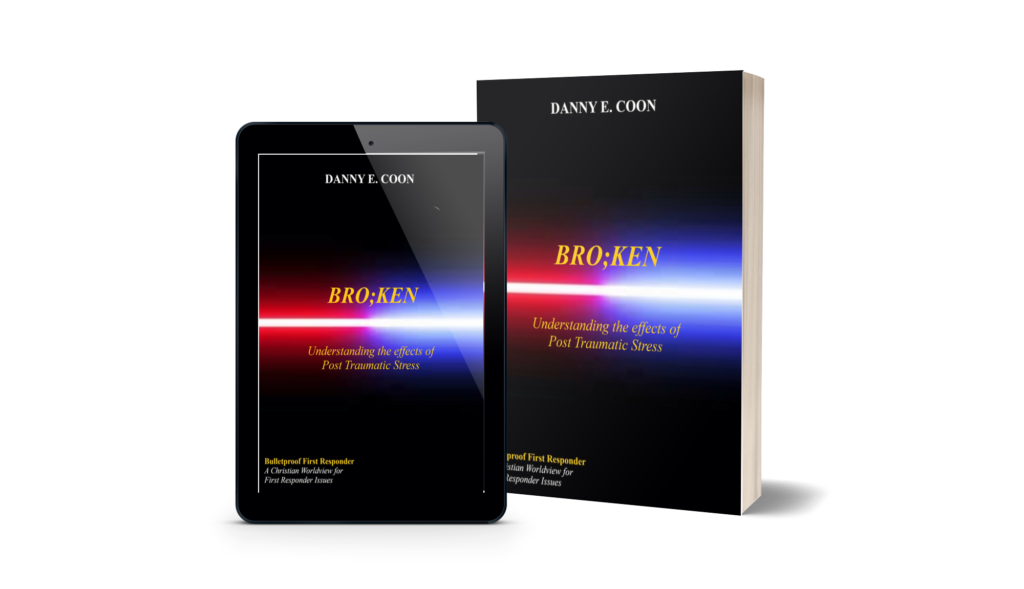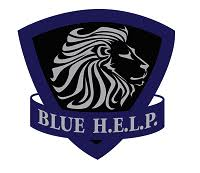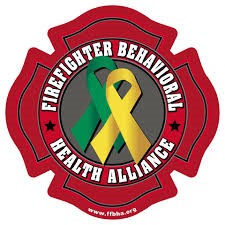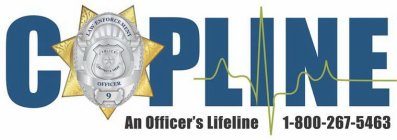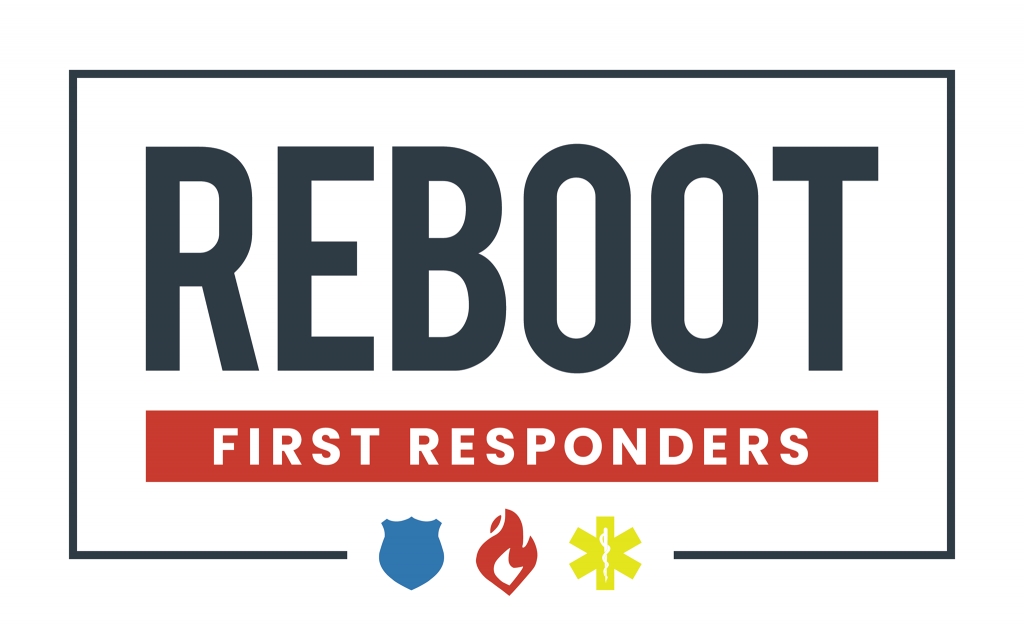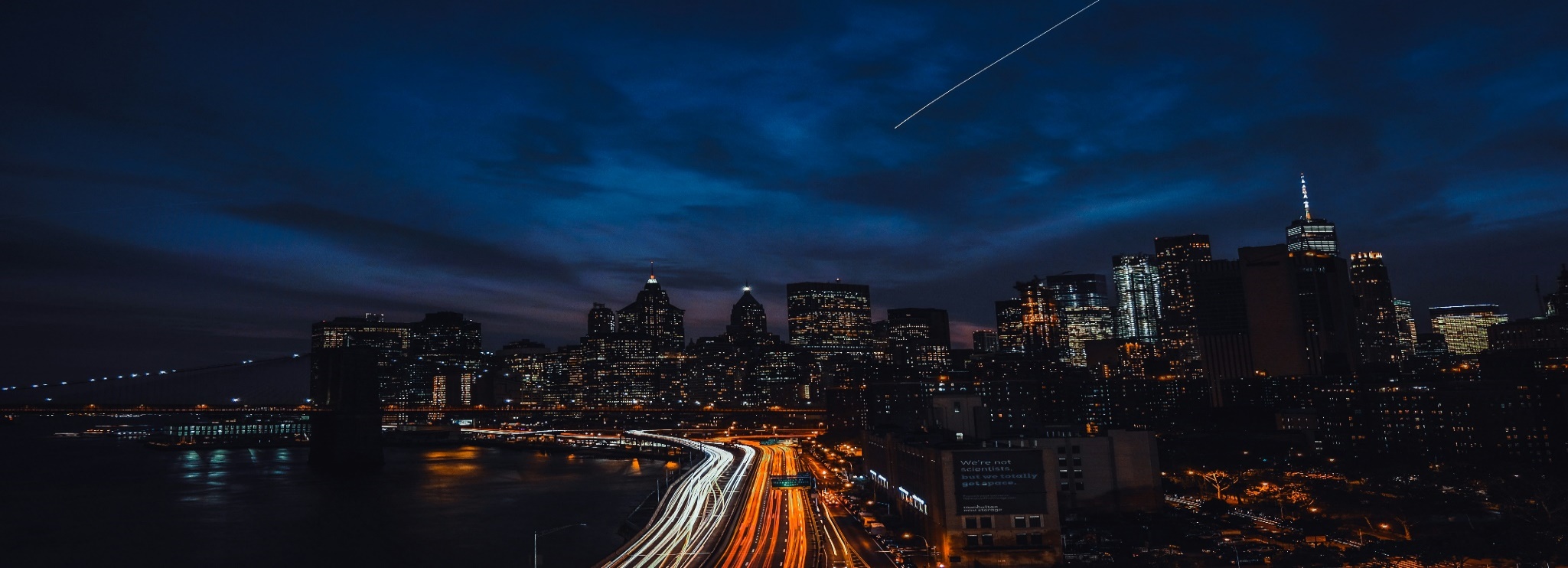
Sleep – Why it’s Important
In peace I will lie down and sleep, for you alone,
O Lord, will keep me safe. Psalm 4:8 NLT
One of God’s greatest gifts and a fundamental human need, getting enough sleep is essential to maintaining good health. Every bodily function depends on sleep; it affects our metabolism, helps combat chronic diseases, and supports our immune system. It helps control how well we perform physically and mentally the next day. Sleep affects virtually every aspect of health, making it a true multitasker. The American Sleep Association states up to seventy million Americans have a sleep disorder.[1] As first responders, we are among the world’s most sleep-deprived professionals; quality sleep is a rarity.
Long before we learned how to keep track of time, God wired into our bodies a biological clock to take advantage of the different times of the day. The circadian system controls your alertness, sleep patterns, hormone production, body temperature, immune system, and vital organ functions. It is a rhythm that is roughly a 24-hour cycle; it is your body’s internal clock.
Created by a consistent lack of sleep or reduced quality of sleep, sleep deprivation puts a drain on your mental and physical abilities. Research suggests that extended periods of sleep deprivation are associated with an increased risk of several illnesses, including but not limited to obesity, depression, diabetes, hypertension, and cardiovascular disease.
In our 24/7 never-sleep society, it is no wonder we live in a sleep-deprived country. We have too many distractions: 24-hour cable TV, the internet, Facebook, video games, email, and long work shifts or overtime shifts.
Sleep and Weight Gain
Obesity is a serious public health concern, and first responders lead the pack as some of the most obese professionals. Studies have shown that one-third of Americans are sleep-deprived, getting less than 7 hours of sleep per night. Over time, this shortfall can lead to obesity, high blood pressure, heart disease, and diabetes.
In an article published in JAMA Internal Medicine, studies found that people who sleep for a shorter amount of time tend to eat more and may even experience a craving for high-calorie foods.[2]
Other research has shown that sleep-deprived people are more likely to increase their food consumption[3] without an increase in exercise. A Yale School of Medicine study indicates that the “hunger hormone” ghrelin and the “satiety hormone” leptin can rise and fall in response to sleep deprivation, increasing the desire to eat.
Additionally, sleep-deprived people are more prone to make poor choices in diet, including high-calorie foods.[4] These choices include high-caloric processed foods, refined sugars, carbohydrates, and an overindulgence in alcohol. While these foods may help induce sleep, they are converted into glucose during sleep, increasing blood sugar levels and disrupting melatonin levels.
It is a frustrating cycle; sleep loss leads to weight gain, and the added weight may worsen the fundamental processes that cause weight gain. Insufficient sleep is associated with elevated cortisol levels and reduced growth hormones linked to obesity. Moreover, erratic sleeping habits may impact how effective your digestion process is.
Sleep and Shiftwork
Our sleep/wake cycle, our circadian rhythm, is our body clock that drives our biological functions. The circadian rhythm controls your alertness, sleep patterns, hormone production, body temperature, immune system, and vital organ functions. Circadian rhythms are 24-hour cycles of changes in the body, brain, and behavior; it is your body’s internal or biological clock. Although it works on its own, it is affected by external light.
Internally, sleep deprivation causes a type of anxiety that disrupts our circadian rhythms. These disruptions may increase the chance of getting cancer, digestive, cardiovascular, and reproductive issues or worsen those that already exist. Severe sleep disturbances, chronic fatigue, depression, and suicidal ideation are likely results.
A supportive work environment and a strong social support system can help you overcome fatigue and mental issues from poor sleep caused by circadian rhythm disruption. Your ability to sleep better and be more productive during working hours can be increased by taking preventive measures to lower occupational stress, thus creating family and social support and a better work environment.
Sleep and Light
Our circadian rhythm lets us know when it is dark, it is time for sleep. It determines when to be awake and when to sleep and is regulated by light. For nearly 100 years, our society has been affected by electricity. A positive and negative result of electricity is the evolution of artificial light, making 24/7 illumination attainable. We are bombarded by office lights, home lighting, street lighting, lights from our electronic devices, and so on, all negatively influencing our circadian rhythm. Artificial lights suppress your melatonin levels while increasing cortisol production.
Sleep and Caffeine
Caffeine is America’s most widely used drug, consuming an average of 200 mg of caffeine per day. It is a Central Nervous System stimulant that changes behavior and moods and speeds up the messages between the brain and the body. Studies have shown that 400 mg of caffeine taken 0, 3, or 6 hours before bedtime significantly disrupts sleep. The half-life of caffeine is 5 hours, so for healthy sleep, you should not ingest any caffeine within eight hours of going to sleep.
Other Effects of Sleep Deprivation
According to SleepFoundation.org, drowsy driving is dangerous because sleep deprivation can affect your body similarly to alcohol. Being awake for 18 hours straight makes you drive like you have a blood-alcohol level of 0.05 (for reference, 0.08 is considered drunk). If you’ve been awake for a full 24 hours and drive, it’s like you have a blood alcohol level of 0.10. According to the Department of Transportation, sleepy drivers are responsible for over 1,550 deaths and 40,000 injuries annually. According to the Centers for Disease Control and Prevention, about 70 million American adults have sleep or wakefulness disorders.
Lack of sleep is a public health issue. In addition to the public health costs of traffic accidents, poor sleep reduces labor productivity and can increase costly workplace mistakes. Sleep loss and night shift accidents have been partially to blame for dramatic environmental health disasters such as the grounding of the Exxon Valdez oil tanker in Alaska and the chemical plant disaster in Bhopal, India.[5]
Being a significant factor in depression and anxiety, not getting enough quality sleep dramatically increases the risk of suicidal thoughts and suicide. During the past thirty years, numerous researchers have found that:
- Depression and lack of sleep are linked to people with suicidal behavior,
- The suicide risk is higher for those who suffer from insomnia or hypersomnia and depression,
- People with depression and suicidal ideation are more susceptible to nightmares; as the nightmares increase, so does the risk of suicide.
Stanford suicidologist Rebecca Bernert, Ph.D., conducted a 10-year study on the relationship between suicide and quality sleep. She compared the sleep quality of 20 people who died by suicide with the sleep-deprived patterns of 400 similar people. She and her team concluded that a sleep-deprived person is 1.4 times more likely to commit suicide. Her research also showed that poor sleep was a more significant predictor of suicide than depression.
Sleep expert, former Army Ranger, and former West Point psychology professor Lt. Col. Dave Grossman stated, “sleep deprivation of two or more nights and you have psychotic episodes.” Studies in the military show that a sleep-deprived soldier is 5x more likely to commit suicide. “Sleep deprivation is one of the greatest predictors of suicide.” In a 2017 speech to over 200 police officers in Florida, Col. Grossman stated: “Sleep deprivation is the Number 1 reason officers commit suicide, make ethical mistakes, and use excessive force.”[6] The most pervasive form of impaired judgment is sleep-deprivation, and for those making life-and-death decisions, sleep should be prioritized and mandated.
Sleep is God’s reminder that we are not God, that we are not in control, and that our work is not indispensable. God makes us sleep, recharges us, makes us take a break from our daily stressors, and gives our bodies and brains a chance to rest and recuperate. Peaceful sleep is the opposite of anxiety, and God gave us sleep as a gift of love. Psalm 127:2 says,“It is useless for you to work so hard from early morning until late at night, anxiously working for food to eat; for God gives rest to his loved ones. Sleep is a reminder that we are created, rely on God for our needs, and can bring glory to God.
IF YOU HAVE THOUGHTS OF SUICIDE – GET HELP NOW
Law Enforcement – COPLINE (800)COPLINE (267-5463)
Firefighters / Medics – FIRE/EMS HELPLINE (800) 731-FIRE (3473)
- Alison Deshong, “Sleep Disorders: An Overview,” Accessed 02/26/2024, https://sleepdoctor.com/sleep-disorders/ ↑
- Esra Tasali, MD1; Kristen Wroblewski, MS2; Eva Kahn, MS1; Jennifer Kilkus, MS, RDN1; Dale A. Schoeller, PhD3, “Effect of Sleep Extension on Objectively Assessed Energy Intake Among Adults With Overweight in Real-life Settings.” Accessed 02/26/2024, https://jamanetwork.com/journals/jamainternalmedicine/fullarticle/2788694 ↑
- Grandner, M. A., Jackson, N., Gerstner, J. R., & Knutson, K. L. (2014). Sleep symptoms associated with intake of specific dietary nutrients. Journal of Sleep Research, 23(1), 22–34. https://pubmed.ncbi.nlm.nih.gov/23992533/ ↑
- Greer, S. M., Goldstein, A. N., & Walker, M. P. (2013). The impact of sleep deprivation on food desire in the human brain. Nature communications, 4, 2259. https://pubmed.ncbi.nlm.nih.gov/23922121/ ↑
- Harvey R. Colten and Bruce M. Altevogt, eds., for the Institute of Medicine (U.S.) Committee on Sleep Medicine and Research, Sleep Disorders and Sleep Deprivation: An Unmet Public Health Problem (Washington, DC: National Academies Press, 2006). ↑
- McCrabb, Rick, “Expert: There is no room for “tired cops,’ Dayton Daily News, published September 1m 2017, https://www.daytondailynews.com/news/expert-there-room-for-tired-cops/VkZY4nHJLZRiXUQvSZGawO/ ↑

